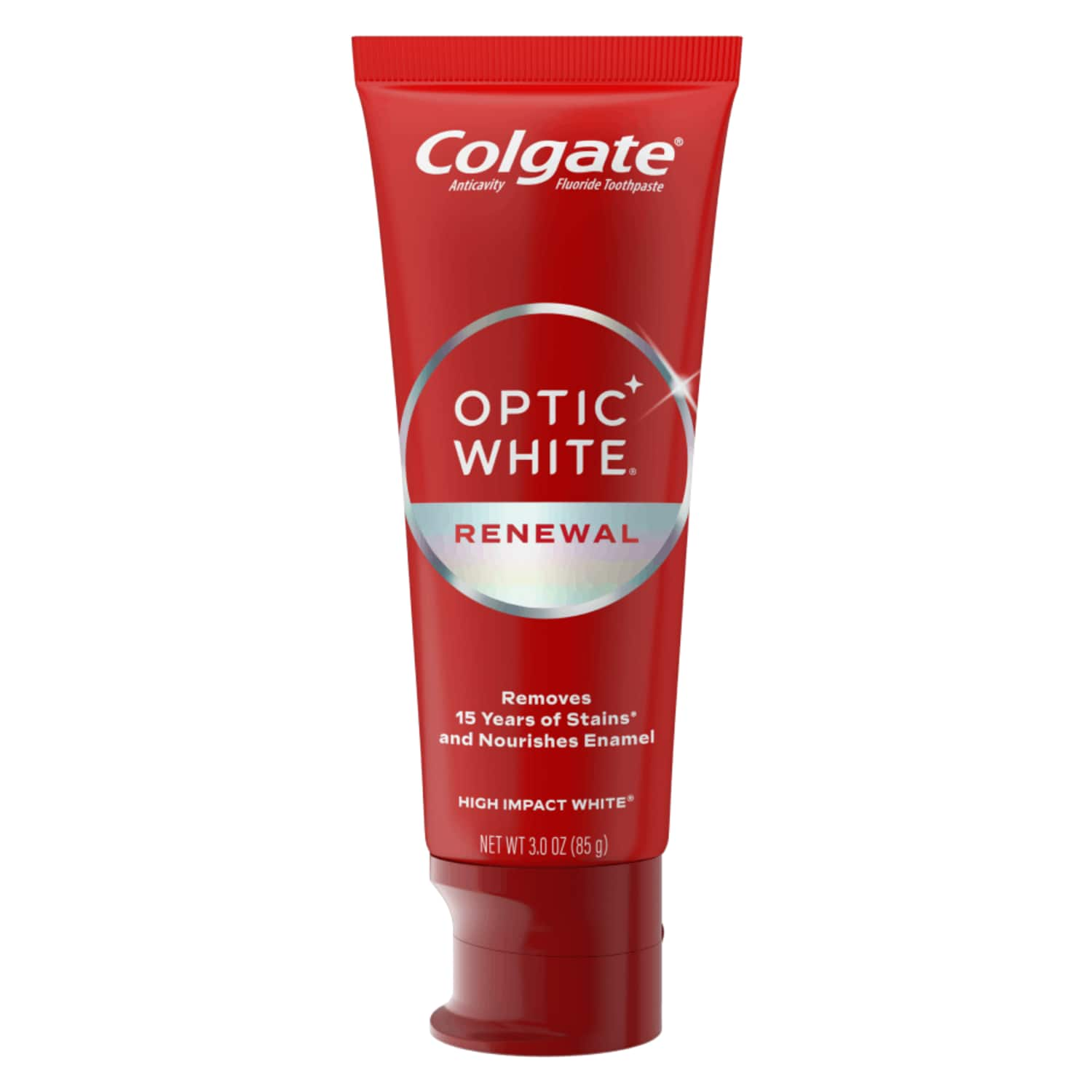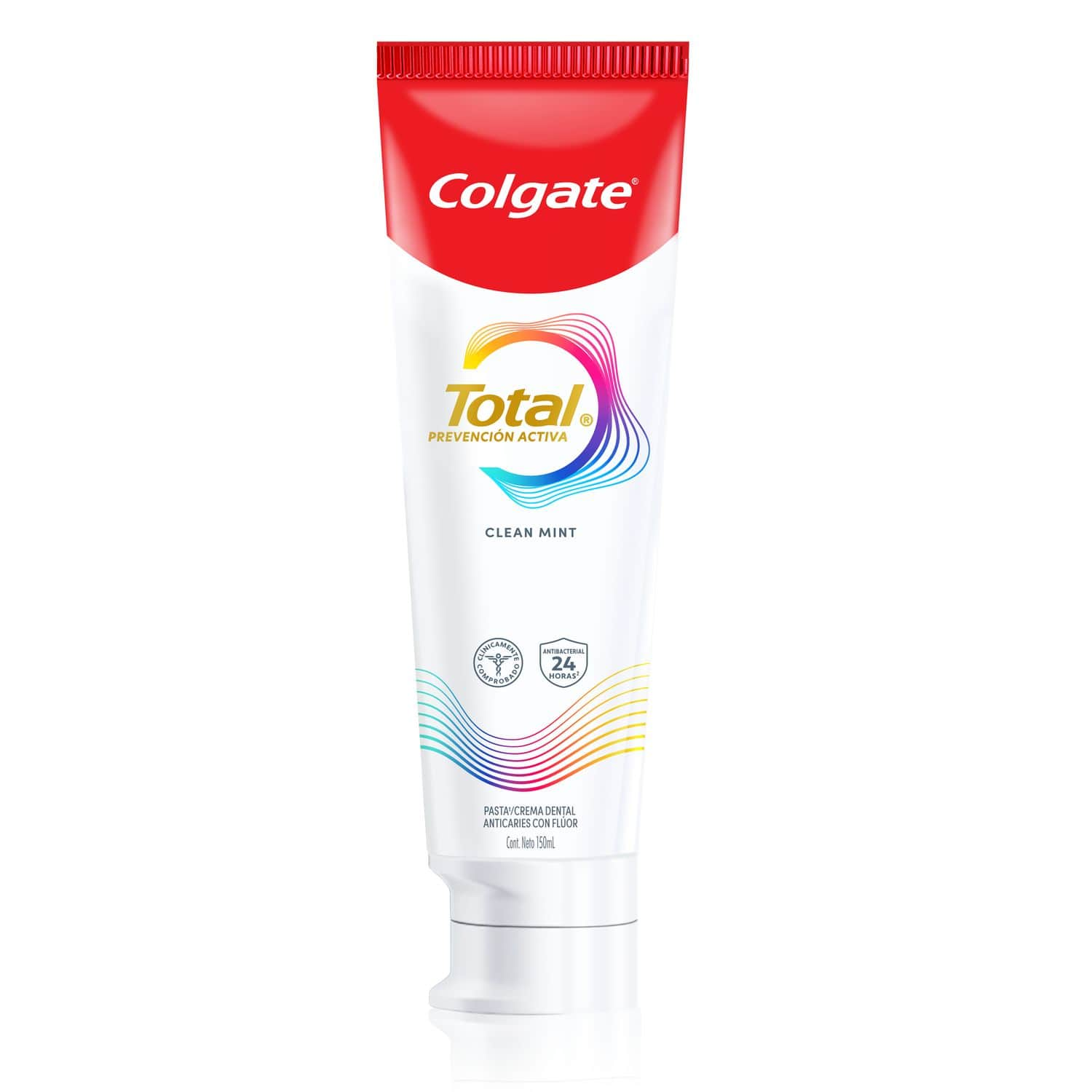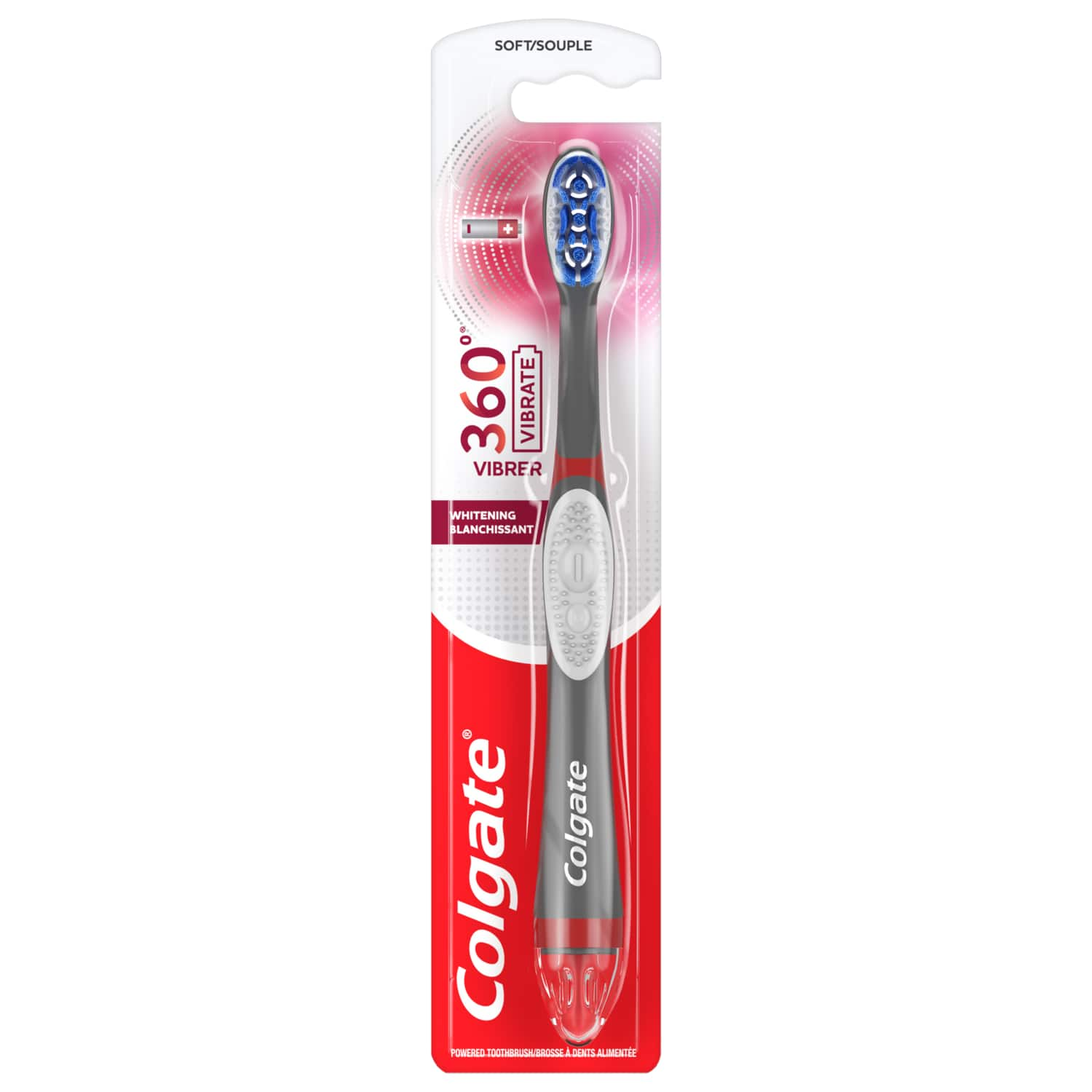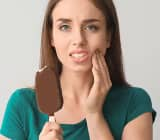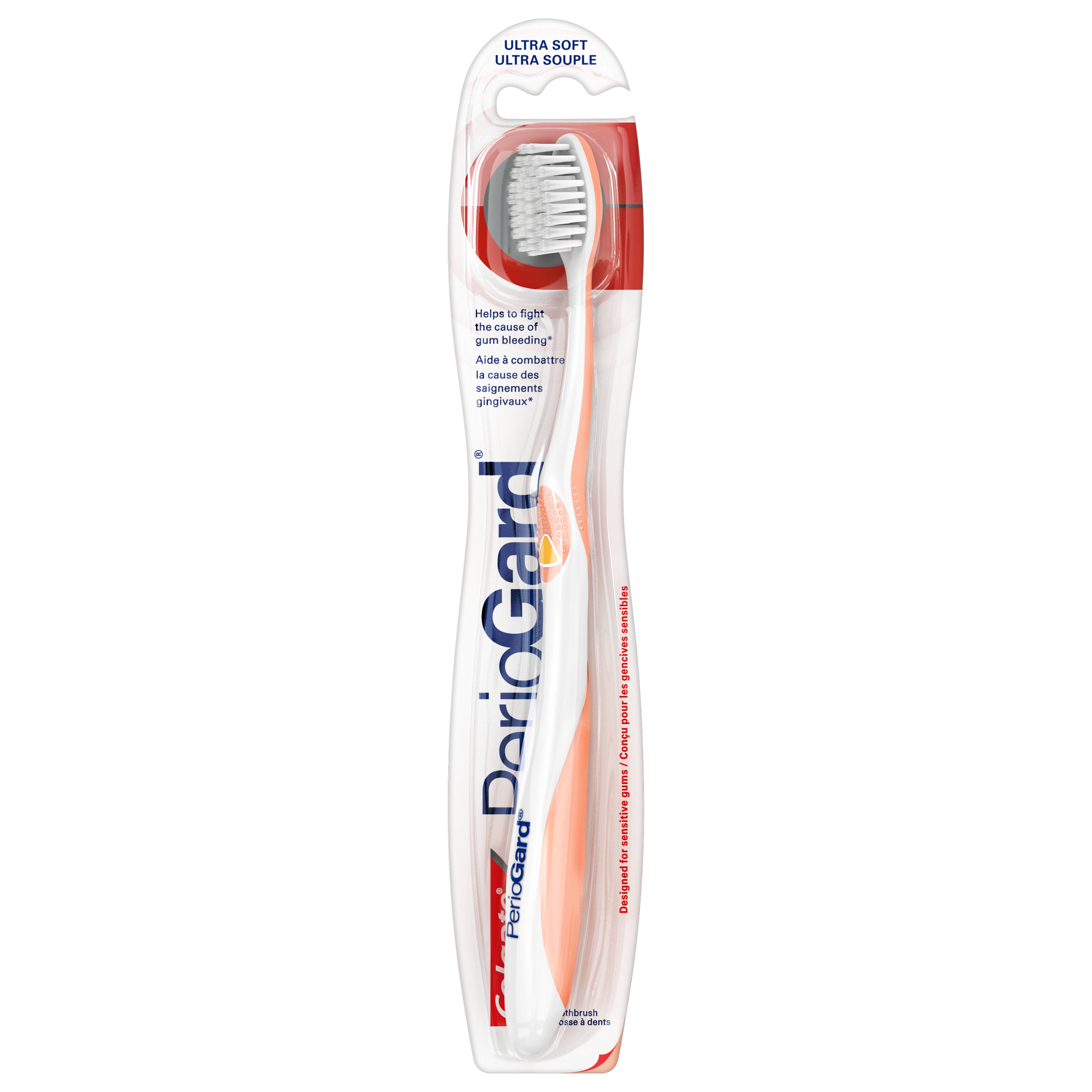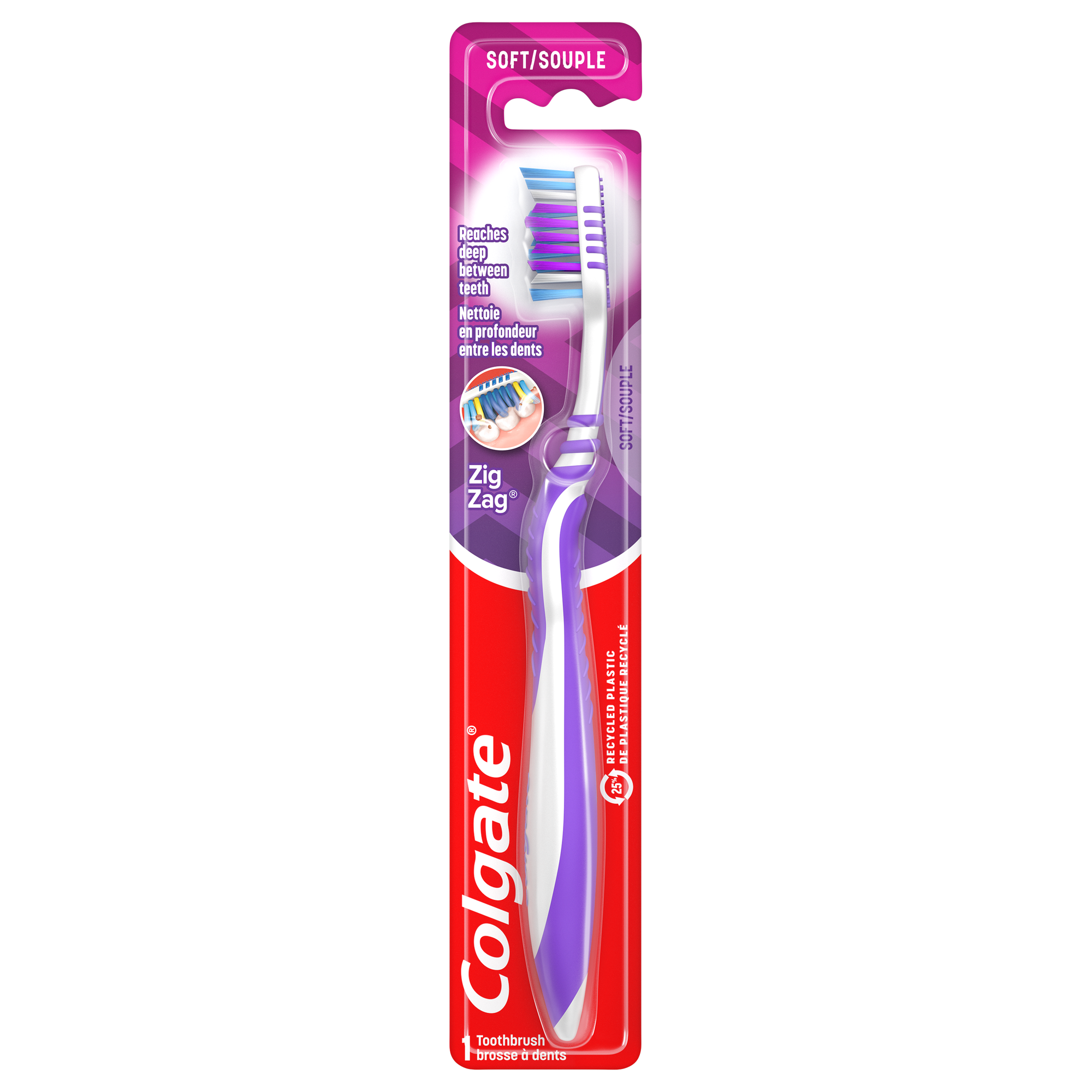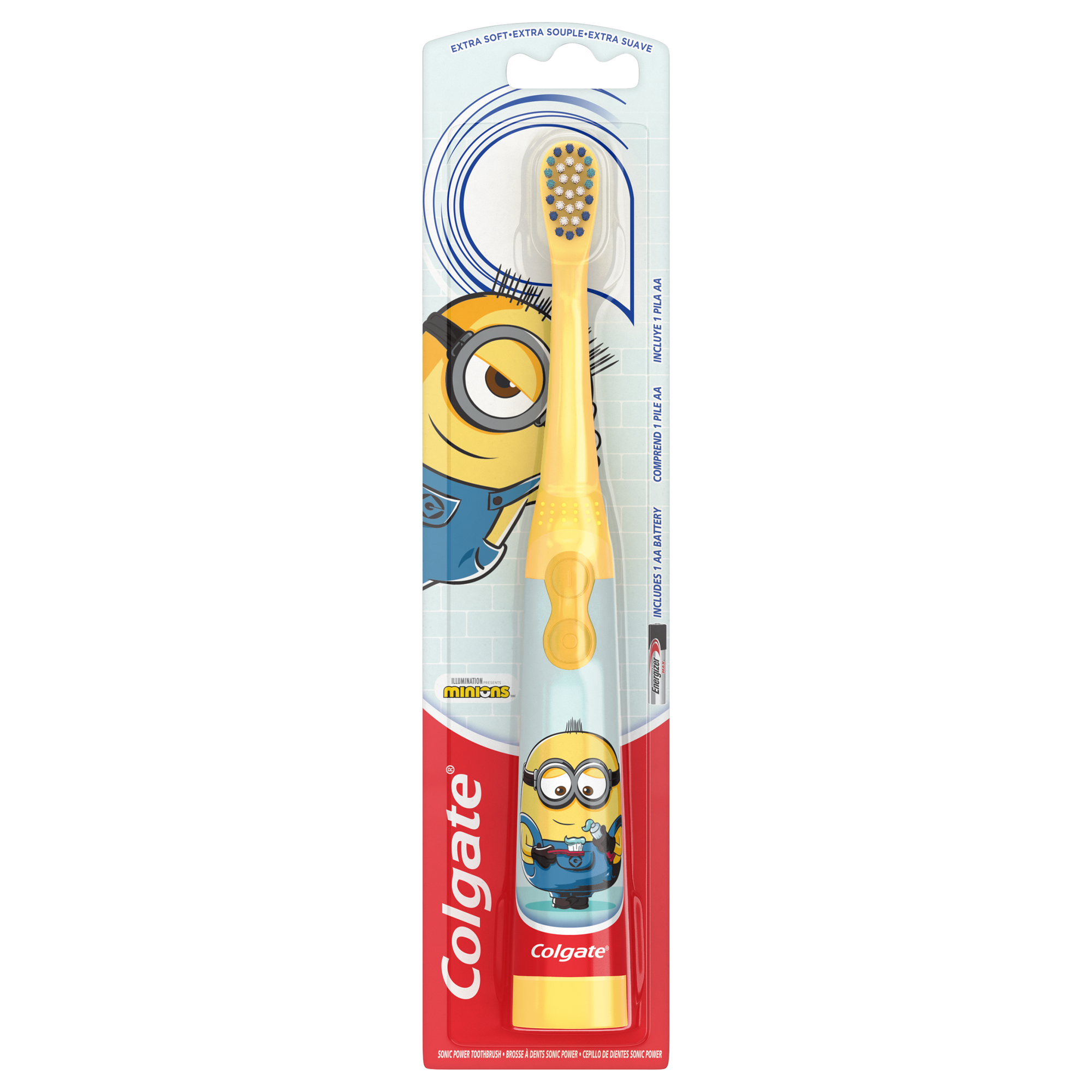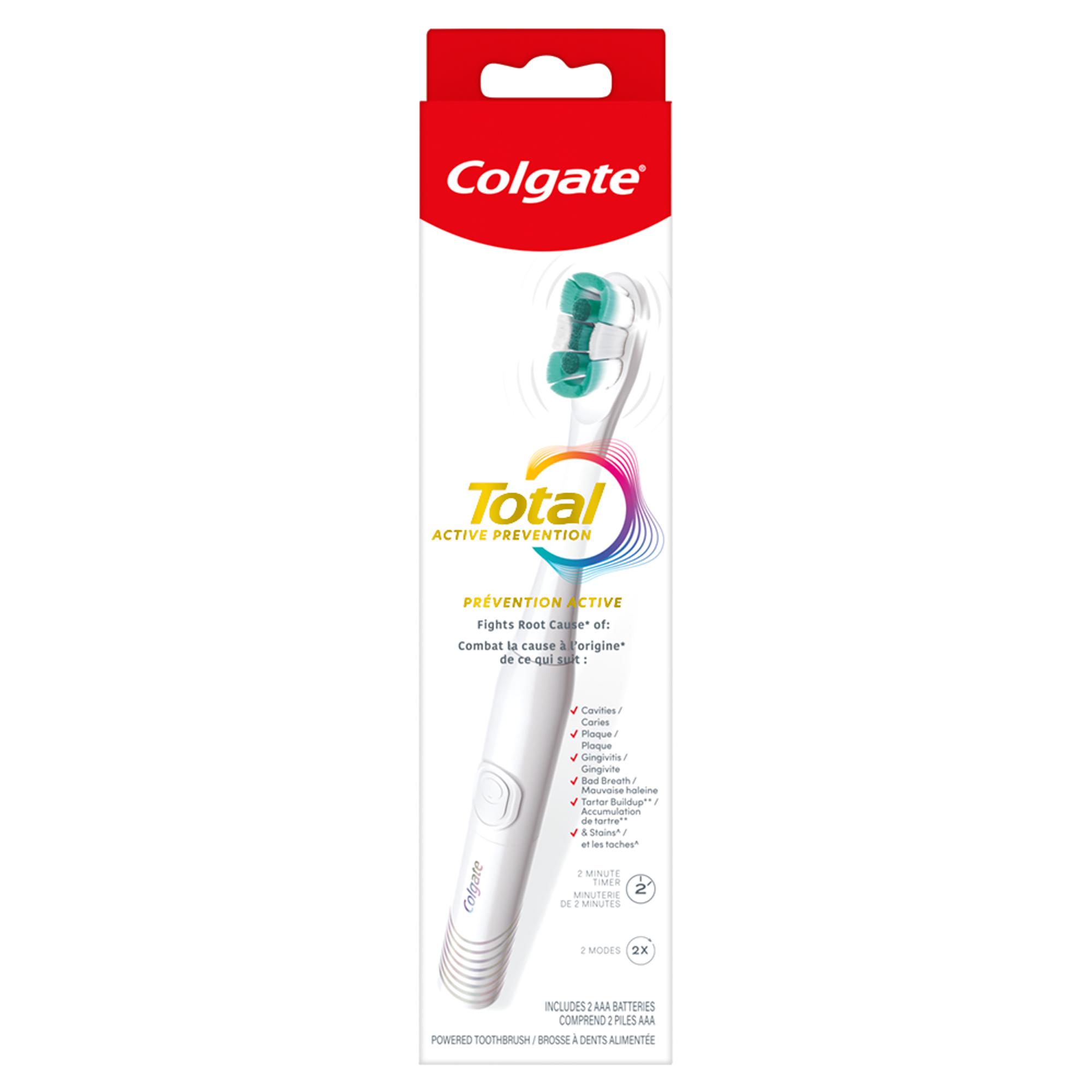We've all been there, and we all know how much it can hurt. Whether during a fall, while eating, or due to stress, biting your cheek can be painful. While an accidental cheek bite is nothing to worry about, some people may be biting their inner cheek more often than they realize. It could be a sign of a more serious problem. But don't worry, whether it's accidental or something more, we're here to help you stop biting your cheek.
Why Does Cheek Biting Happen?
Many things can cause you to bite the inside of your cheek. They include:
- Lack of attention.Being distracted while involved in activities, like reading a book or watching TV during meals, could result in you biting your cheek without realizing it.
- Accidental biting.People can bite their cheek when eating too fast, talking while eating, or getting into a fight or an accident.
- Depression or anxiety-related biting.Like biting your nails, you might automatically bite your inner cheek as a reaction to being stressed, anxious, or depressed.
- Tooth position.If your teeth are angled towards your inner cheek, you might find yourself accidentally catching the skin. This can happen if your teeth are misaligned, pushed out of place by your wisdom teeth, or fitted with poorly made crowns, for example.
- Psychological problems.Chronic cheek biting (known as morsicatio buccarum) is a compulsive behaviour that repeatedly causes someone to bite the inside of their cheek. It's classified as a body-focused repetitive behaviour (BFRB). In some cases, someone with BFRB might not even be aware that they're biting their cheek. If this has been identified as not having a dental cause: please visit your healthcare professional as it may be the sign of a medical condition.
Damage Caused by Cheek Biting
Occasional, accidental cheek bites usually aren't a cause for too much concern. You might experience some discomfort for a few days, but that's usually it.
However, chronic cheek biting can result in redness, painful canker sores, and tears in the mouth's inner lining (known as the mucosa). With BFRB-related cheek biting, you might also feel increased guilt, shame, or hopelessness, or shy away from social activity to prevent others from noticing the biting.
How Can You Stop Biting Your Cheeks?
If you find yourself regularly biting the inside of your mouth while chewing or talking, it's an excellent time to schedule an appointment with your dentist. If your wisdom tooth or another tooth is causing lesions in your cheek, your dentist might recommend braces or an extraction to correctly align your teeth.
If cheek biting is related to stress, it could be a good idea to speak to a physician or psychologist. Breathwork or relaxation exercises can provide relief and may be an effective treatment to prevent inner cheek bites. If biting the inside of your cheeks is related to BFRB, treatment is multi-fold. A psychologist might recommend keeping track of the behaviour by journalling when the cheek biting occurs and what triggers it. One way to change the behaviour is by replacing it with a healthier one. For example, chewing gum. And don't forget that receiving emotional support and finding ways to understand the emotions driving this behaviour is equally important. A psychologist can be a great resource here.
If you're noticing yourself bite your cheek often, it's important to consult with a physician or dentist. They can help find a treatment plan that makes you feel supported and helps you stop biting your cheek.
ORAL HEALTH QUIZ
What's behind your smile?
Take our Oral Health assessment to get the most from your oral care routine
ORAL HEALTH QUIZ
What's behind your smile?
Take our Oral Health assessment to get the most from your oral care routine
